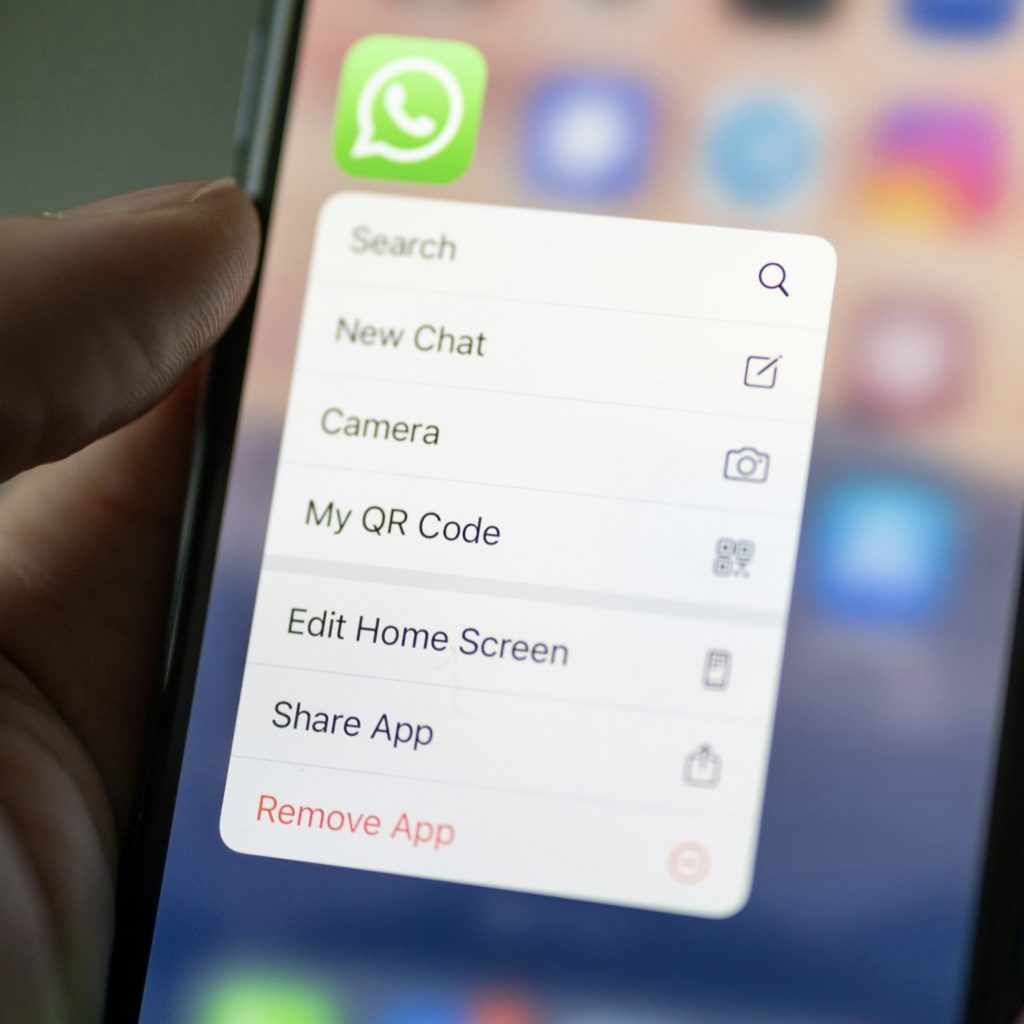Why I Deleted WhatsApp: Because it Sucks!
In the era of instant communication, messaging apps like WhatsApp have become a staple. However, with convenience comes a myriad of issues that often go unnoticed until they become too overwhelming. It was about time I deleted WhatsApp from my phone, and here’s why.
The Flood of Junk and Forwarded Whatsapp Messages
One reason behind uninstalling whatsapp was all those forwarded messages and irrelevant content. It’s no secret that WhatsApp groups often become a hub for sharing everything from viral memes to outdated chain messages. Sorting through this deluge became a hassle, consuming both time and phone storage.
Whatsapp Group Overload
The proliferation of live and dead groups was another headache. Struggling to keep up with numerous conversations across multiple groups is an unnecessary complication. And then there are all those dead groups you never really exit from.

Moreover, the workplace encroachment on WhatsApp led to blurred lines between professional and personal life. Conversations that could have been formal emails morphed into casual chats, blurring professional boundaries. Thats my next rant.
WhatsApp at the Workplace is just wrong
In the professional realm, WhatsApp’s convenience encourages heavy file sharing, leading to an accumulation of hundreds of megabytes in messages and media, cluttering not just the chat but also eating up considerable phone storage. There is also an added step of linking your WhatsApp account to your computer using the web application if you want to download those files. Not very secure in some work environments.
Moreover, the lack of traceability in WhatsApp conversations poses challenges in maintaining records, especially in contexts requiring formal documentation. Legal systems still do not universally recognize WhatsApp as a legitimate medium for official communication, creating potential legal vulnerabilities for businesses and individuals alike.
Comparatively, the structured and organized nature of formal emails stands in stark contrast to the seemingly haphazard communication within WhatsApp. Emails provide a documented trail of conversations, facilitating easy referencing and accountability—a feature sorely lacking in the more casual and disorganized nature of WhatsApp chats.
The discrepancies in file management, traceability, and legal recognition create hurdles in utilizing WhatsApp as a reliable and professional communication tool. It emphasizes the need for businesses to adopt more structured and legally recognized mediums like email to ensure secure and documented communication.
Reliance on Internet Connectivity and Data Usage
While WhatsApp offers the advantage of free calls over Wi-Fi, it can also become a nuisance. The dependency on internet availability for communication meant facing limitations in areas with poor connectivity. WhatsApp calls have become a default instead of regular calls, and often there is a whole process involved with calling them back through cellular for better reception.
Ditch Whatsapp and use your phone
In the quest for a more efficient and organized communication experience, reverting to the basic services that phones were initially designed for has emerged as a viable alternative. Embracing the good old Short Message Service (SMS) and conventional phone calls, for which we already pay cellular companies, presents a return to the fundamental essence of communication.
While messaging apps like WhatsApp offer a plethora of features, sometimes simplicity trumps complexity. Utilizing SMS and phone calls not only sidesteps the hassles of app-based communication but also ensures direct and reliable interaction, regardless of internet connectivity. There’s a reliability and immediacy in these conventional methods that circumvent the complexities associated with messaging apps.
In a world where we often seek advanced solutions, revisiting the fundamental functionalities of our phones for communication purposes can offer a refreshing and straightforward experience. By leveraging the services we’re already paying for, we can tap into a more traditional yet dependable means of staying connected.
Setting Boundaries
Deleting WhatsApp wasn’t just about changing apps; it was about reclaiming control over my communication space. It allowed for setting clearer boundaries between work and personal life, ensuring a more focused and organized approach to conversations. As long as I had a WhatsApp account, people (especially work related people) continued to contact me through it. It was only after deleting whatsapp that people were forced to learn to use email again for organized communication and file sharing.
Why I deleted WhatsApp was not an impulse. It stemmed from a need for a more streamlined, clutter-free, and respectful communication experience. By exploring alternatives and setting boundaries, I’ve found a renewed sense of control over my digital interactions.
Maybe its time you also deleted WhatsApp
Have you encountered similar challenges with WhatsApp? If you feel the same way I do, just delete it and see how it goes. You can always get it back.
Image Credit: Photo by Dimitri Karastelev on Unsplash

